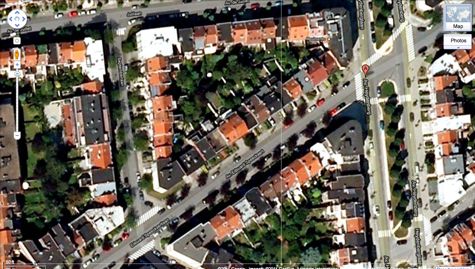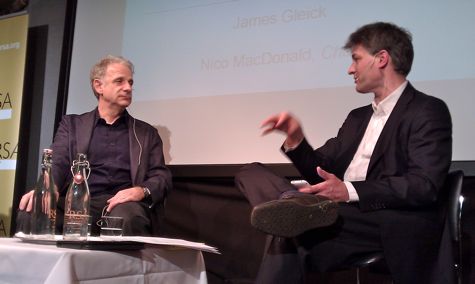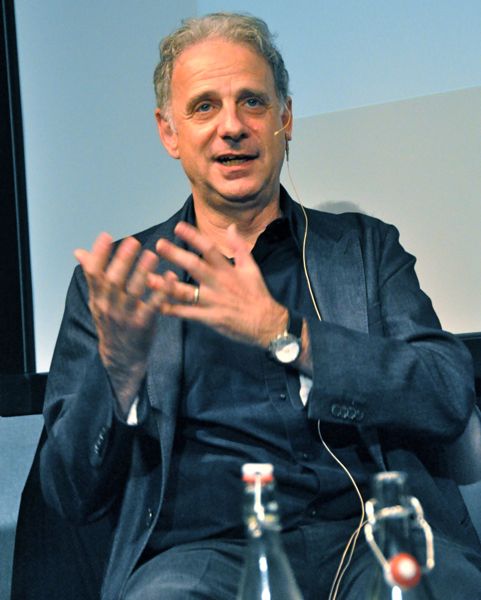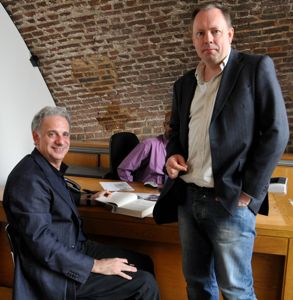“in Sensation we believe external Things exist, in Memory we believe they were, in Imagination we neither do the one nor the other” (Erasmus Darwin quoting poet Richard Gifford back to himself in a letter of 1768.)
Here’s something to try if you haven’t already done it: make a Google Street View tour of all the old homes you’ve ever lived in.
Of course, if you’ve yet to leave the parental home it’s going to be a dull exercise, but if you’ve been around a while and lived in lots of different places, there’s the joy of reminiscing and spotting that the new owners have gotten around to replacing that leaky porch you ignored all those rainy winters.

It took me half an hour to track down the twelve places I’ve lived in, bought, or rented over the years (some in the pic above); although the flat I lived in for four years in Brussels came out as, well, flat. Belgium seems to have been overlooked by Google Street View)
Apart from the idle interest, dredging the past evokes ideas around the concept of time and how we store information and remember things; although if that’s just me, it’s because I’m presently transitioning between two books that touch on the topic: The Information by James Gleick and Jon Turney’s Winton Prize-longlisted The Rough Guide to the Future.
We capture so much nowadays – Gleick: “The information produced and consumed by humankind used to vanish – that was the norm, the default. The sight, the sounds, the songs, the spoken word just melted away.”
Then came the first marks on paper, drawings, writing; then photographs. Gleick again:
“Now expectations have inverted. Everything may be recorded and preserved, at least potentially: every musical performance; every crime in a shop, elevator, or street; every volcano or tsunami on the remotest shore; every card played or piece moved in an online game; every rugby scrum and cricket match.”
Whether it’s Street View, Flickr, or Friends Reunited, there’s a bunch of stuff pushing in on us, persuading us to reconstruct our pasts in a way that was alien even five years ago.
What does it mean? Is it good?
For sure, any ideas we might have had about ‘clean breaks’ and ‘moving on’ get a good muddying. Old friends: material and personal, reappear unbidden – sometimes welcome, othertimes unsettling away from their original context.
In his chapter About Time, Turney says our memories impact our ability to think about the future; afterall, past experience is pretty much all we have to draw on.
The way we build memories, he says, may have adapted specifically to enable the efficient anticipation of new situations, and there is even evidence of a physical link in how we think about past and future events – neurological scans revealing common areas of brain activity.
Our memories “seem to work by storing individual pieces of past experience separately, as part of a complicated, interconnected web …. Our brains then assemble recollections of past episodes by adding together bits of information that seem to be related.”
As it happens, by Turney’s reckoning, I’m probably at the optimum age for projecting possible futures. Meaning, I’m old enough to have collected some experiences, but not so old I’ve forgotten them all. (I love some of the terminology people use for age brackets, particularly the ‘old old’ – meaning over 80. At 49, I’m holding out for ‘young middle-age’.)
I want to wind up the post by sharing some great life-changing revelations resulting from this technology-induced disturbance in my mental time-space continuum and reassessment of ‘self’. But as the most emotionally charged evocations seem to relate to the unfeasible number of lawnmowers I’ve owned over the years, I’ll skip on that and instead leave you with a bit of topical DNA:
“Time is an illusion. Lunchtime doubly so.”
Douglas Adams. Hitch-hikers Guide to the Galaxy
[follow_me]
Continue reading Blast Through Your Past – with Google Street View




